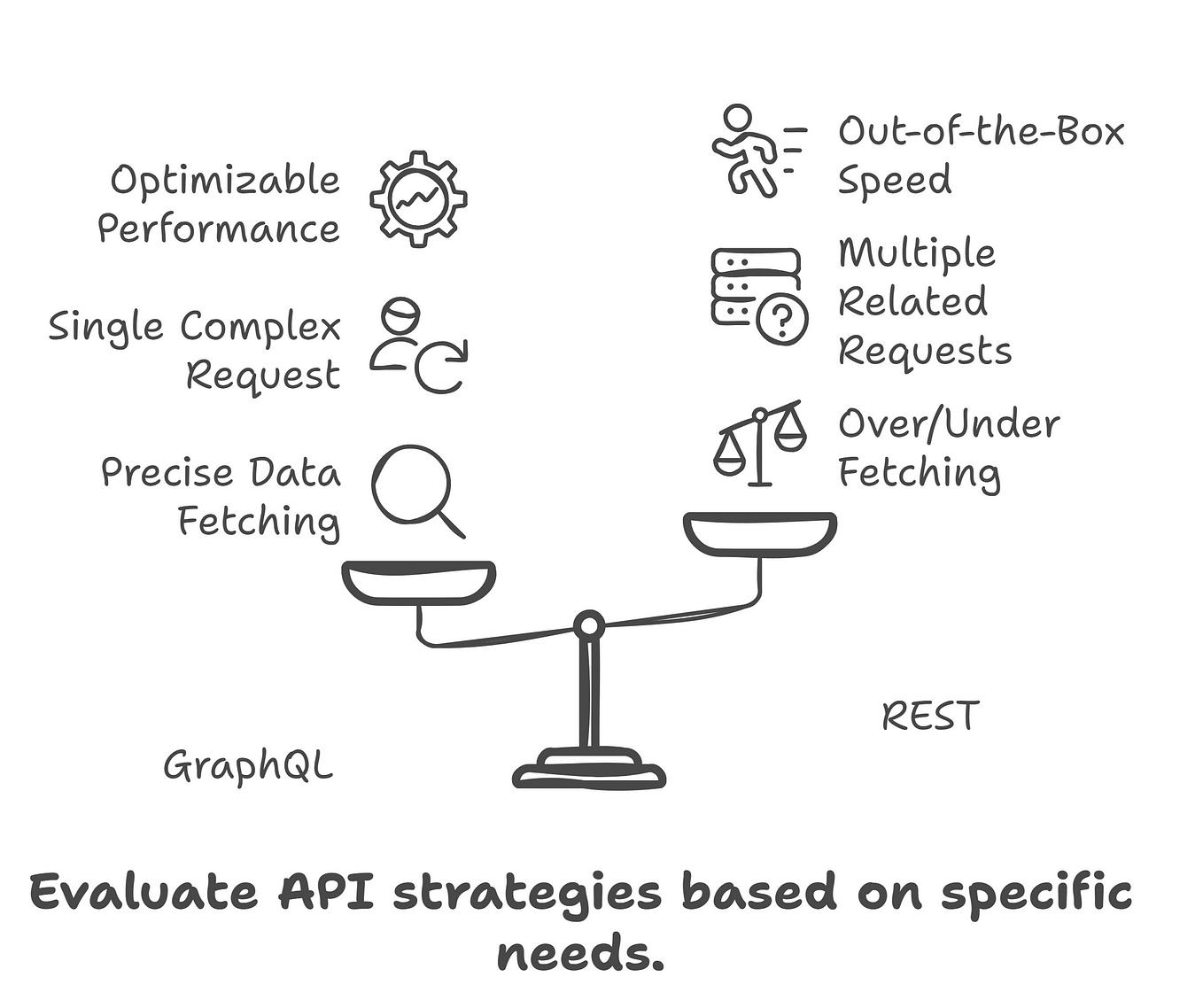OpenAI’s $3 Billion Windsurf Acquisition: Making Waves in AI Coding

What’s Windsurf? Windsurf started as a free alternative to GitHub Copilot. Over time, it evolved into a full AI-native IDE, capable of writing, debugging, and executing code using AI. With powerful features like multi-file editing, code search, and an agent called Cascade, it stood out as a strong contender in the developer tools market.
OpenAI Acquires Windsurf: What It Means for the Future of AI Coding
In a major move that’s stirring up the AI industry, OpenAI is acquiring AI coding startup Windsurf (formerly known as Codeium) for approximately $3 billion. This marks OpenAI’s biggest acquisition to date — and it’s not just about snagging another tool, it’s about reshaping the future of AI-assisted software development.

Why Is OpenAI Buying It? The acquisition helps OpenAI double down on developer tools. While Copilot is built on OpenAI’s models, it belongs to Microsoft. Buying Windsurf gives OpenAI full ownership of a coding assistant with a fast-growing user base and next-gen features. It also strengthens OpenAI’s position in the race against Microsoft, Google, and Anthropic to dominate AI-powered software development.
Bigger Industry Impact This deal is part of a growing trend: the AI land grab. Major AI labs are racing to acquire the best applications that run on top of their models. With Windsurf, OpenAI secures a foothold in one of the most valuable segments — developer tools. Expect more competition, faster innovation, and likely consolidation as companies seek to own the end-user experience.
I do have some cautious thoughts as well. This acquisition is part of a consolidation trend that could reshape the balance of power in AI. We’re seeing startups being gobbled up by giants (or in OpenAI’s case, becoming a giant that gobbles others up). In the short term, that can be good — it means more resources poured into these products and hopefully faster progress. But in the long term, I wonder about competition and openness. Windsurf as Codeium was a scrappy competitor that pushed Copilot to improve and even influenced others to offer free tiers. Will it retain that bold spirit under OpenAI, or will it become just another cog in a big machine? As an end-user, I hope OpenAI continues to let Windsurf’s product thrive (maybe even keep the free-for-developers model) because that benefits the whole developer community.
With OpenAI jumping fully into the ring via Windsurf, the competitive stakes are raised across the board. GitHub Copilot might no longer have privileged early access to the best OpenAI models (especially if OpenAI channels improvements to its own products first). Developers might start seeing diverging feature sets: perhaps Windsurf (with OpenAI) will experiment more boldly with autonomous coding agents, while Copilot (with Microsoft) might emphasize tight integration with Microsoft’s developer suite (GitHub, Azure DevOps, Visual Studio, etc.). It will be interesting to watch how pricing evolves. Copilot is about $10/month for individuals. Windsurf so far was free for individuals — will that continue, forcing Copilot to consider a free tier to remain widely adopted? Or will both start offering more premium tiers with advanced capabilities? We’ve already seen Cursor’s enterprise pricing go high, and Windsurf had a team plan around $30/user/month. OpenAI’s entry could either spark a price war or establish a new premium benchmark if their combined offering is substantially better.
Another personal observation: this deal highlights a convergence of AI research and practical software tooling. OpenAI was mostly about cutting-edge research and APIs; Windsurf is very much a user-facing product with day-to-day utility. Their union is a microcosm of AI’s journey from the lab to the real world. It suggests that to push further, AI companies feel they need to own the user experience, not just the model. We’re likely to see more moves like this — perhaps Anthropic teaming up with a toolmaker, or Google acquiring a popular AI app — as everyone tries to build full-stack AI solutions. For developers like me, it means our tools a year from now could look very different and far more AI-infused. It’s both thrilling and a bit overwhelming to imagine.
This move confirms it: AI-assisted coding is no longer an experiment. It’s the future. OpenAI’s acquisition of Windsurf tells us that building great models isn’t enough—you need to deliver tools people actually use. The developer space is heating up, and OpenAI clearly doesn’t want to be left on the sidelines.
